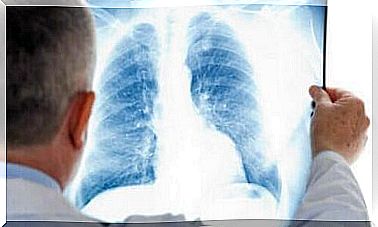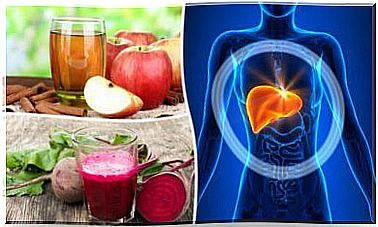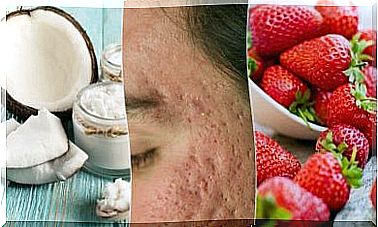Are Saturated Fats Bad For Our Health?

Today we are going to look at whether saturated fats are bad for our health. Saturated fats can potentially cause health problems. They are mainly present in foods of animal origin such as:
- meat
- egg yolk
- sausage
- milk and its derivatives
Saturated fats harden at room temperature and are sometimes visible to the naked eye in foods, such as chicken skin, red meat and milk. In other products they are not visible because they are used during food processing.
This type of fat is also present in some foods of vegetable origin, such as palm or coconut oil. Experts have established that high consumption of saturated fats can lead to health problems, especially cardiovascular disease.
However, this claim has been questioned in recent years. There is much debate on the subject in the scientific literature, as this article in the journal Critical Reviews in Food Science and Nutrition states.
Fats and types of fats
Fat is a nutrient that provides energy to the body so that it can function properly. When we exercise, the body burns the calories supplied by carbohydrates during the first 20 minutes. After that, the body gets energy from fats.
Fats also play an important role in maintaining the health of our hair and skin, as well as balancing body temperature and for the absorption of vitamins A, D, E and K. That is why such vitamins become fat-soluble called.
There are basically three different types of fats: unsaturated fats, saturated fats and trans fats. Let’s see what exactly are the differences between these types:
- Unsaturated fats: these are liquid and are mainly present in foods of vegetable origin and fish. Their consumption helps to improve cholesterol levels.
- Saturated fats: We also know them as hard fats and high consumption increases the level of the bad cholesterol, which clogs the arteries.
- Trans fats: these are fats that are created by processing with a method called hydrogenation. They are the most harmful and are mainly found in industrial foods, according to a study published in the BMJ.
The Effects of Saturated Fats

When we consume too much saturated fats, they can cause problems in the body. The most relevant consequence is that they are thought to cause a build-up of bad cholesterol (LDL) in the arteries. This belief is currently being re-examined as new information continues to become available.
When this happens, the risk of developing cardiovascular disease, arteriosclerosis or stroke can be significantly increased. Excess cholesterol causes a lesion to develop on the walls of the arteries called an atheroma plaque.
As a result, it reduces the diameter of the arteries, which in turn impedes blood flow. This process is the beginning of what can eventually lead to cardiovascular problems.
Another undesirable effect of this type of fat is that it easily leads to weight gain. And if we consume a lot of saturated fats, the result is overweight and obesity, especially if this is accompanied by little physical activity. Both have a major effect on health.
Myths and misconceptions about saturated fats
Knowledge about fats and diets partly consists of myths and misconceptions. The first misconception is that it is bad in all cases to consume saturated fats. This is not true. Experts advise that saturated fats should represent no more than 6% of daily food consumption.
In addition, saturated fats are often removed from the diet without thinking about how to replace them. The right thing to do in these cases is to replace saturated and trans fats with unsaturated fats and not to completely eliminate all types of fats.
Another healthy option is to increase the intake of whole-grain carbohydrate products, such as brown rice. On the other hand, it is not a good idea to replace bad fats with carbohydrates such as white flour or sugar.
A study on the topic pointed out that people who do this do not reduce the risk of cardiovascular disease. On the contrary, a diet rich in simple sugars will actually increase the risk.
Fats and a healthy diet
The key to a healthy diet is balance. The golden formula remains a diet that includes plenty of vegetables, fruits, and whole grains. In smaller amounts and in a controlled manner, unsaturated fats and carbohydrates can be incorporated. Saturated fats should only be a small part of the diet.
It is estimated that 25-30% of daily calories should come from fats. Only 6-7% of these fats should be saturated fats. This corresponds to about 15-25 grams of saturated fats per day. In general, we should only consume small amounts of food such as:
- industrial pastries
- ultra-processed meat
- full-fat dairy products
- prepackaged foods
- fried food
We can of course enjoy it from time to time, but make it the exception and not the rule. That will help you maintain a healthy weight and good health.









